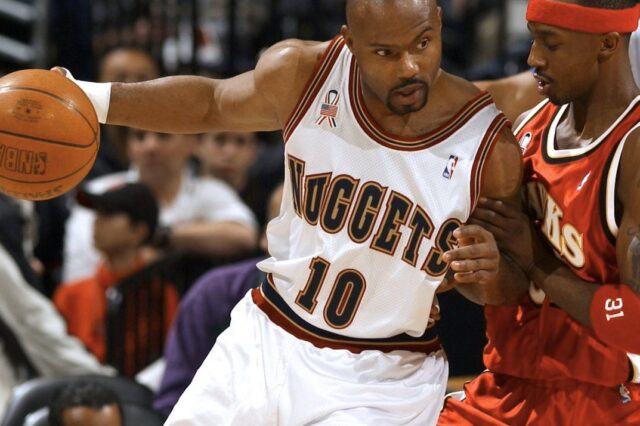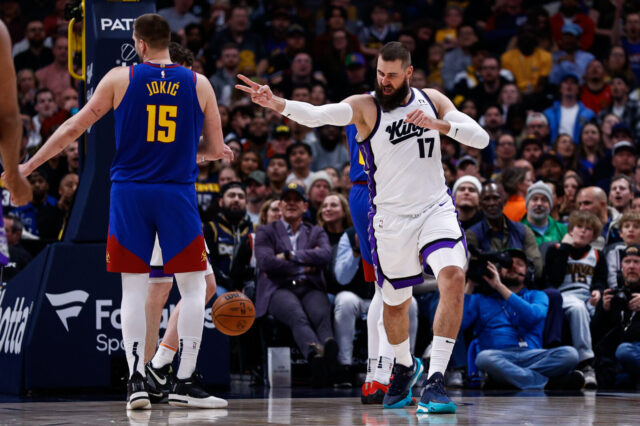Horror is the first emotion that rips through your body when you see an athlete suffer a gruesome injury. Like the expansion of the universe in the first milliseconds after the big bang, the horror shoots through the lining of your stomach and nestles deep into every crevice of your soul. You’re all at once confronted with a truth that, on most days, we all manage to hide from our consciousness: that the human body is just meat and bones, an imperfect vehicle that limits even the most finely-tuned athletes.
The second emotion that you feel is pain. Every one of your senses is flooded, forcing you to imagine what that person is feeling. The physical pain manifests itself as an eerie tingle at the spot of the injury, like having a taser shock a numbed limb. The feeling is so overwhelming that you might find yourself shaking your arms and legs to get it to leave your body.
Combined, the first two only last a matter of seconds. Once your heart rate drops and both the existential and physical pains subside, the empathy creeps in and swallows every other emotion, feeling, and thought. Suddenly you share in the person’s emotional suffering. You wonder about the road ahead. From the ambulance ride to the operating table, to the countless hours, days, months, maybe even years of rehab.
In the most gruesome examples, like the injury that Jusuf Nurkic sustained last night, that final emotion sticks around for awhile. It plays host as the other emotions arrive. Sadness. Despair. Maybe even a little guilt.
Nurkic was the villain for Denver Nuggets fans and what a proper villain he was. His origin story was as pure and storybook as Anakin Skywalker’s. He was the chosen son, sent to push, pull, punch, and pummel his way to the top, carrying the Denver Nuggets along with him. He was the first beam of light in one of the team’s darkest moments. His cocky smirk made us happy. His swagger made us feel tough.
Somewhere along the way, it didn’t work out. The details of the breakup between him and the Nuggets has been argued and re-litigated with both sides of the debate claiming victory. Ultimately, the verdict of that trial is irrelevant. He was traded away and quickly became the savior we all wanted him to become, but in a different city and for a different team. Suddenly his smirk bothered us. His swagger gnawed at our sides. Like any good heel, Nurkic had transformed from a dream come true into our worst nightmare. He had gone to the dark side, or at least to the other side.
As I sat watching the end of the game last night, as I went through the cycle from horror and pain to empathy and sadness, I was reminded of Utah Jazz owner Gail Miller’s words a few weeks ago. “Other teams are not our enemies. They are our competition.”
Those words can be difficult to remember in the closing moments of close games. Sports do their best to bring out raw and primal emotions that makes us feel alive and energized, our every hope hanging on the favorable bounce of a round, leather ball. Sometimes those emotions do their best to show us a truth about the world or inspire us to aim for things previously thought impossible. Sometimes those emotions disguise a truth, or lead us away from the better angels of our nature.
But in the immediate milliseconds following Nurkic’s injury, any Nuggets fan worth their salt was confronted with the realization that Nurkic wasn’t an enemy, he was just a competitor. Now he’ll be taken away from the game for awhile and we’re all worse off for it, even us Nuggets fans.
So let those feelings of sadness and horror linger. They offer an opportunity to reflect on why we love sports, not out of ressentiment but for the joy that we get out of hoping to see greatness.
Juka is too good of a player and too good of a “villain” to be kept down for long. So here’s to a full and speedy recovery.
Get well soon, Nurk.


